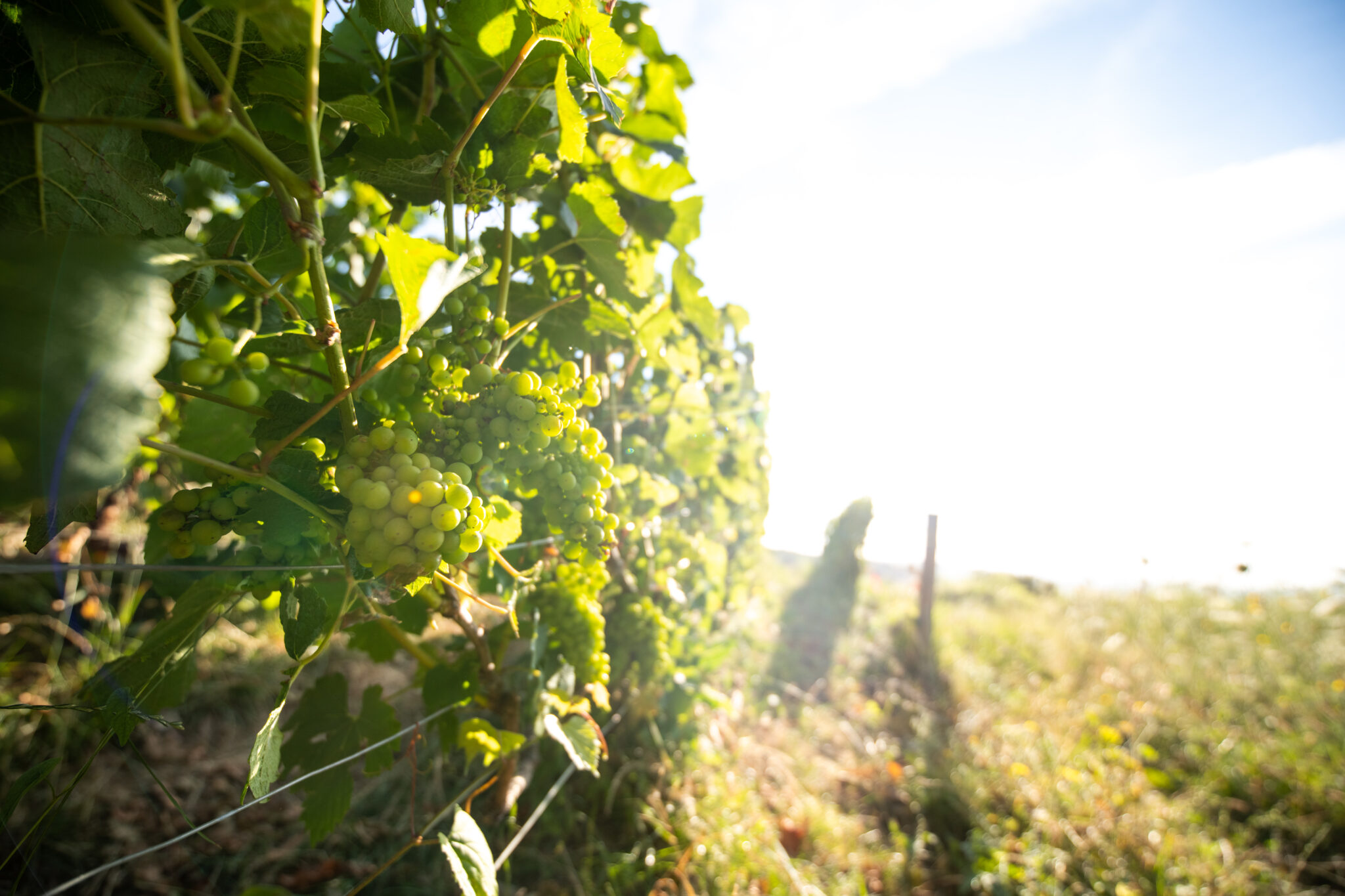
For any questions or further information, please do not hesitate to contact us.
Contact us or leave a message via the form below.
FRANCE
EXPORT
COMMUNICATION
QHSE
TEL. 03 26 58 20 04
CHAMPAGNE H.BLIN
5 rue de Verdun 51700 Vincelles - France
Tel +33 (0)3 26 58 20 04
Open Monday to Friday
from 8.30am to 12pm and from 2pm to 5pm.
Closed on Sundays and public holidays.













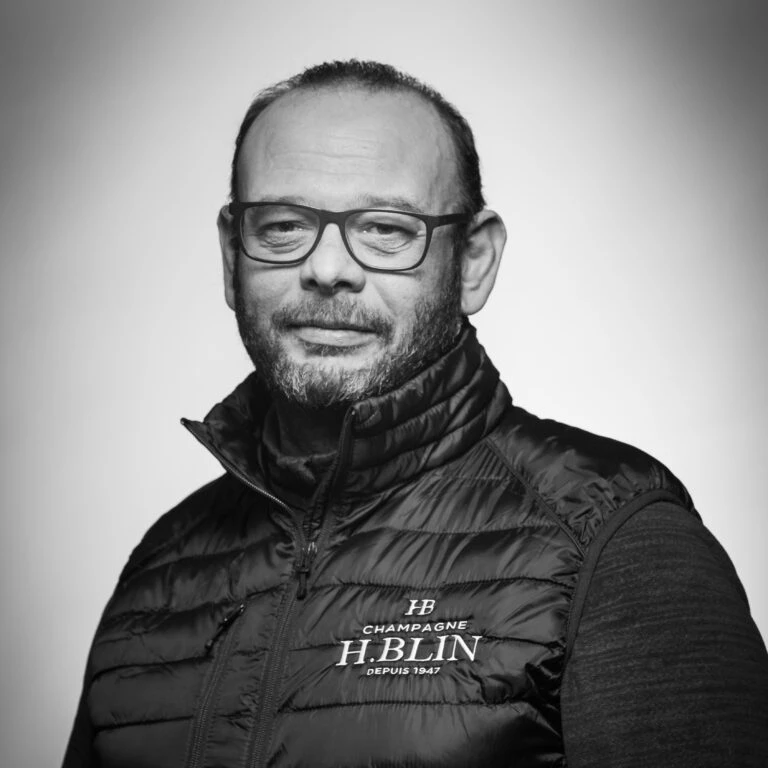


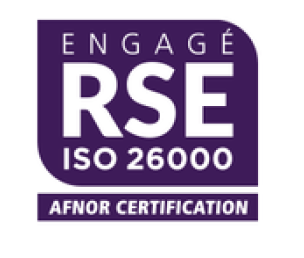
"Corporate Social Responsibility (CSR)
is a certification aimed at placing sustainable development actions at the heart of operations.
The ISO 26000 standard, an international standard, defines the scope of CSR.
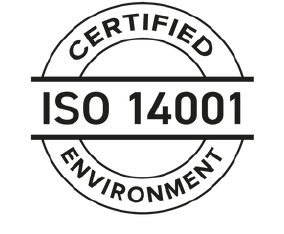
Voluntary international standard on environmental management, which enables companies to limit the impact of their activities on the environment.
Through the implementation of concrete actions to preserve our biodiversity, natural resources...
(Definition by AFNOR)
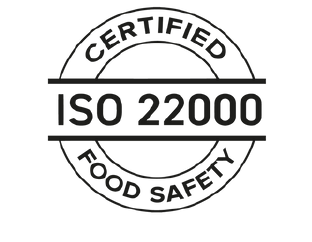
Voluntary international standard for food safety management.
It demonstartes the ability to identify and control hazards related to food safety, as well as to consistently provide safe and finished products.
(Definition by AFNOR)
It is a voluntary approach implemented by farmers or winegrowers who wish to identify and highlight their good practices, particularly those that are environmentally friendly.
The aim of this certification is to minimize the impact of agricultural or viticultural practices on the environment (air, climate, water, soil, biodiversity, landscapes).
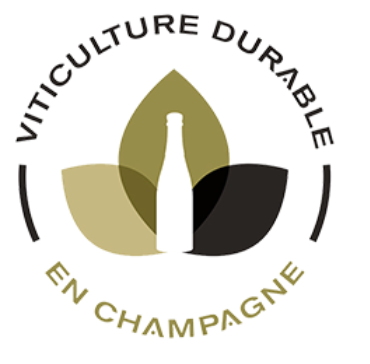
This is a framework specifically developed for the champagne viticulture industry that certifies the production of our grapes while respecting our environment.

This certification highlights methods aimed at producing food products using natural processes. Furthermore, it combines good environmental practices, respect for biodiversity, and the preservation of natural resources.
Certificate FR-BIO-10
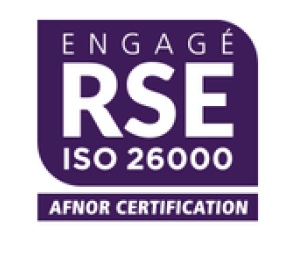
The "Corporate Social Responsibility" (CSR) standard is a certification aimed at ensuring that actions to promote sustainable development are at the heart of the company's strategy. The standard ISO 26000This international standard defines the scope of CSR.
The CSR label - Corporate Social Responsibility - is a certification obtained by certain organisations that have placed actions in favour of sustainable development at the heart of their strategy. This concept, which emerged in 1960, enables companies to take action on social and environmental issues.
La corporate social responsibility (CSR) also known as corporate social responsibility is defined by European Commission such as the responsibility of companies for the effects they have on society.
In other words, CSR means the contribution of companies to sustainable development issues.
A company that practises CSR will therefore seek to have a positive impact on the environment. positive impact on society while remaining economically viable.
The standard ISO 26000This international standard defines the scope of CSR around seven central themes:
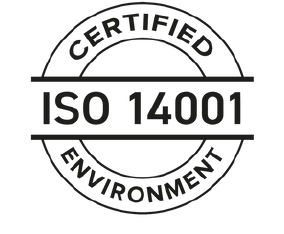
Voluntary international standard on environmental management, which enables companies to limit the impact of their activities on the environment.
By taking concrete action to preserve our biodiversity, a natural resource...
(AFNOR definition)
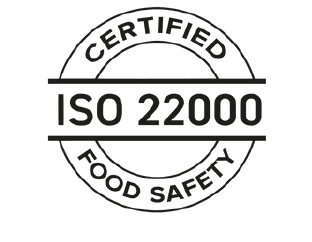
Voluntary international standard on food safety management. It demonstrates the ability to identify and control food safety hazards, as well as the ability to consistently supply safe finished products. (Def l'afnor)
Lorem Ipsum Lorem IpsumLorem IpsumLorem IpsumLorem IpsumLorem IpsumLorem IpsumLorem Ipsum Lorem IpsumLorem IpsumLorem IpsumLorem IpsumLorem IpsumLorem IpsumLorem IpsumLorem IpsumLorem IpsumLorem IpsumLorem IpsumLorem IpsumLorem IpsumLorem IpsumLorem IpsumLorem IpsumLorem IpsumLorem IpsumLorem IpsumLorem IpsumLorem IpsumLorem IpsumLorem IpsumLorem IpsumLorem IpsumLorem Ipsum Lorem IpsumLorem IpsumLorem IpsumLorem IpsumLorem IpsumLorem IpsumLorem IpsumLorem IpsumLorem IpsumLorem IpsumLorem IpsumLorem IpsumLorem IpsumLorem IpsumLorem IpsumLorem Ipsum Lorem IpsumLorem IpsumLorem IpsumLorem IpsumLorem IpsumLorem IpsumLorem Ipsum Lorem IpsumLorem IpsumLorem IpsumLorem IpsumLorem Ipsum IpsumLorem Ipsum
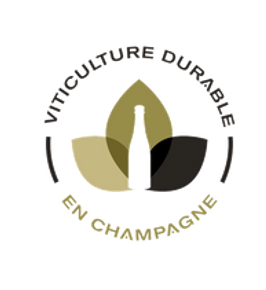
This is a framework specifically developed for the champagne viticulture industry that certifies the production of our grapes while respecting our environment.
Producing with respect for our environment.
The Sustainable Viticulture in Champagne (VDC) approach is the legacy of a collective effort that began over 20 years ago. There are a number of issues at stake: controlling the use of inputs with the aim of respecting health and the environment, preserving and enhancing the terroir, biodiversity and winegrowing landscapes, responsibly managing water, effluents, by-products and waste, and reducing the industry's energy dependency and carbon footprint.
As part of its drive for excellence, Champagne has developed its own sustainable viticulture standards, recognised by the French Ministry of Agriculture. As with national environmental certifications, the farm is audited and awarded certification by an approved independent certification body.
Certification is a three-stage process: firstly, compliance with the regulations, which is a prerequisite for any certification process. Secondly, changing practices to qualify for High Environmental Value (HVE) certification. Finally, the implementation of actions to meet the specific requirements of the HVE. Champagnein addition to HVE certification. Civc
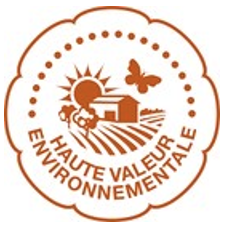
Refers to the highest level (level 3) of an environmental certification scheme for farms. This is a voluntary approach implemented by farmers or winegrowers wishing to identify and promote their good practices, particularly those that respect the environment.
The aim of this certification is to minimise the impact of farming practices on the environment (air, climate, water, soil, biodiversity, landscape). Champagne is one of the regions with the most HVE-certified farms.
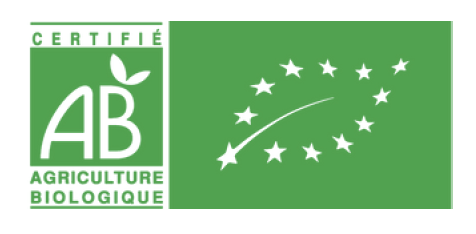
This certification recognises methods used to produce food using natural processes.
It also combines good environmental practice with respect for biodiversity and the preservation of natural resources.

Organic agriculture (OA) is a global system of agricultural production that combines the best environmental practices, respect for biodiversity, the preservation of natural resources and the application of high animal welfare standards.
Organic farming is a method of producing food using natural substances and processes. In other words, organic farming generally has a limited impact on the environment because it encourages :
In addition, the rules applicable to organic farming promote a high level of animal welfare and require farmers to meet the specific behavioural needs of animals.
After the settling, musts are transferred to the winery for fermentation.
Following alcoholic fermentation and malolactic fermentation for certain wines, base wines
proceed to blending. This crucial stage is orchestrated by our Cellar Master, who will
determine the profile of each cuvée to ensure it aligns with our style.
It's the culmination of many months of work, fears and doubts.
A period of conviviality, but also of stress, the harvest brings a unique atmosphere to the village.
In Vincelles, winemakers give daily attention and live in constant contact with the vines, just as their fathers, grandfathers, and ancestors did before them.